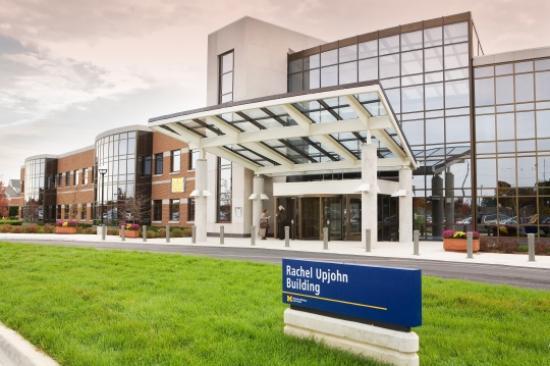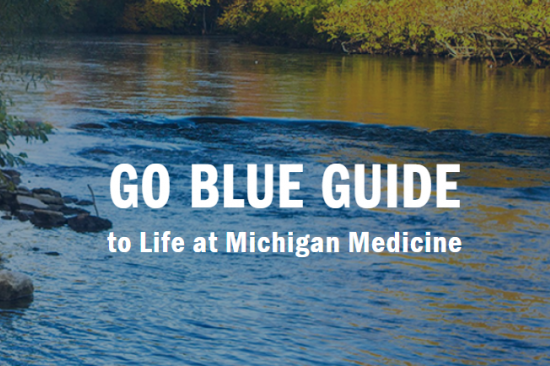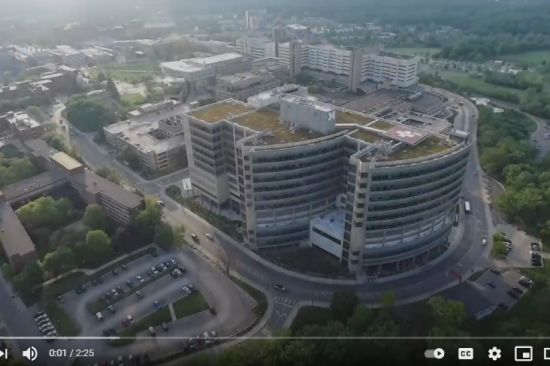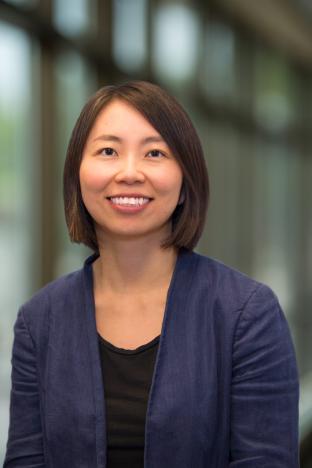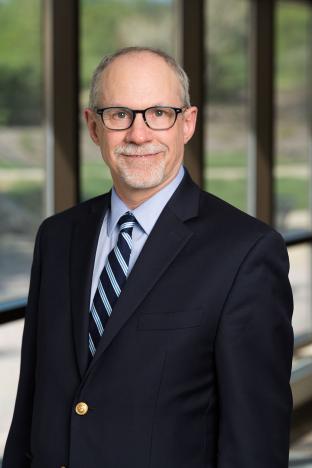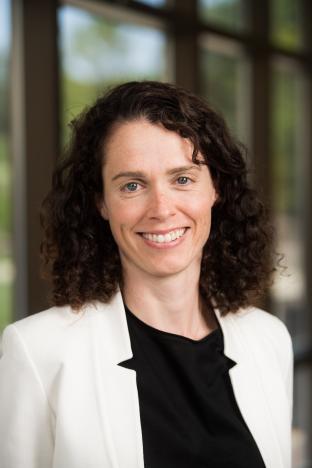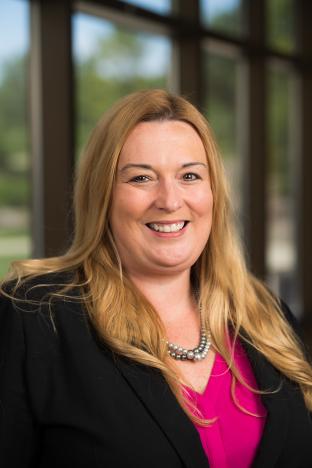The University of Michigan Addiction Psychiatry Fellowship is a one-year, clinical training program for psychiatrists interested in obtaining practical expertise in the diagnosis and treatment of substance use disorders.
The program is accredited by the Accreditation Council for Graduate Medical Education (ACGME), and successful completion of the 1-year clinical track qualifies psychiatrists to apply for subspecialty certification in addiction psychiatry from the American Board of Psychiatry and Neurology, once they have obtained their certification in general psychiatry.



